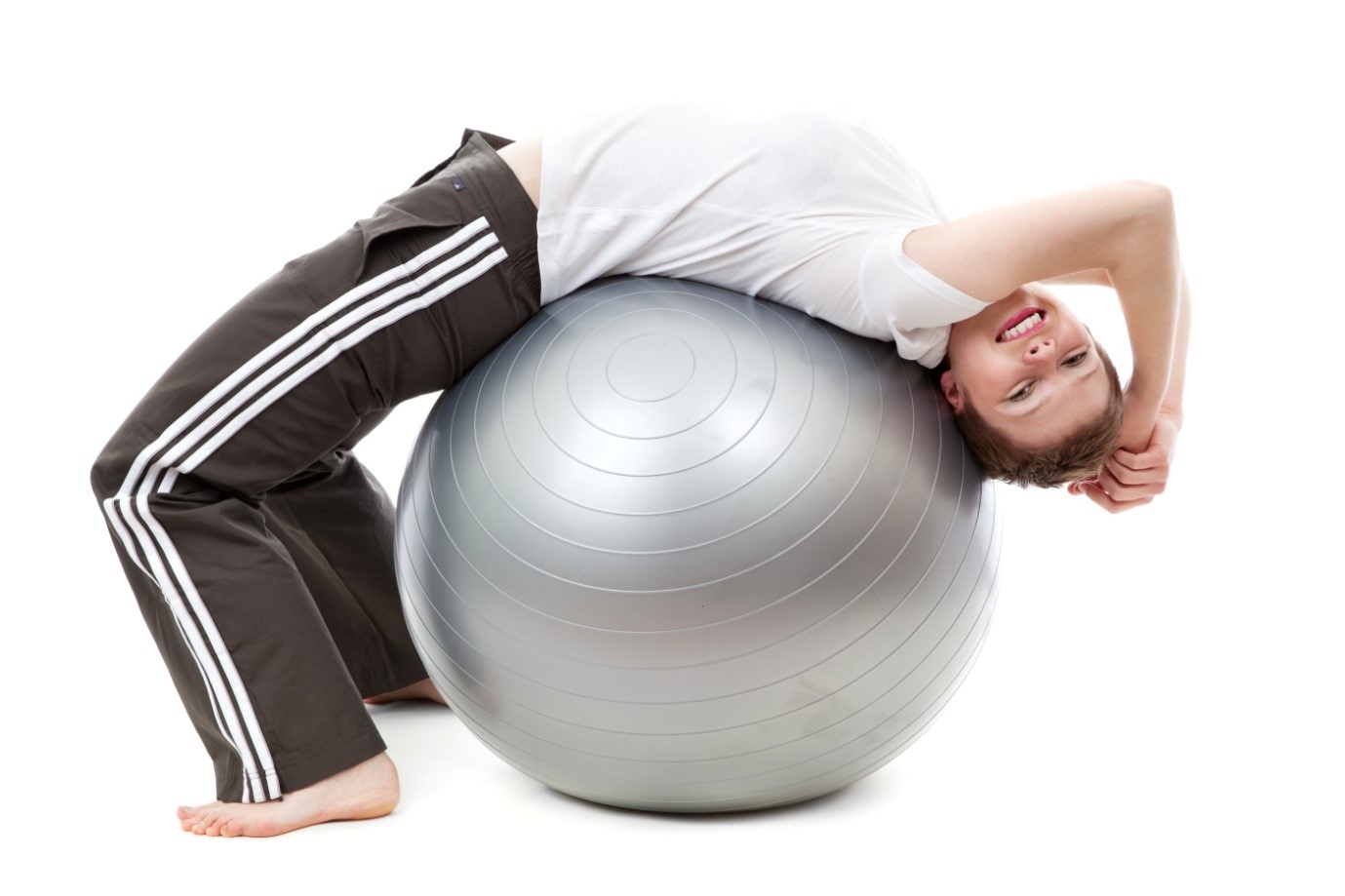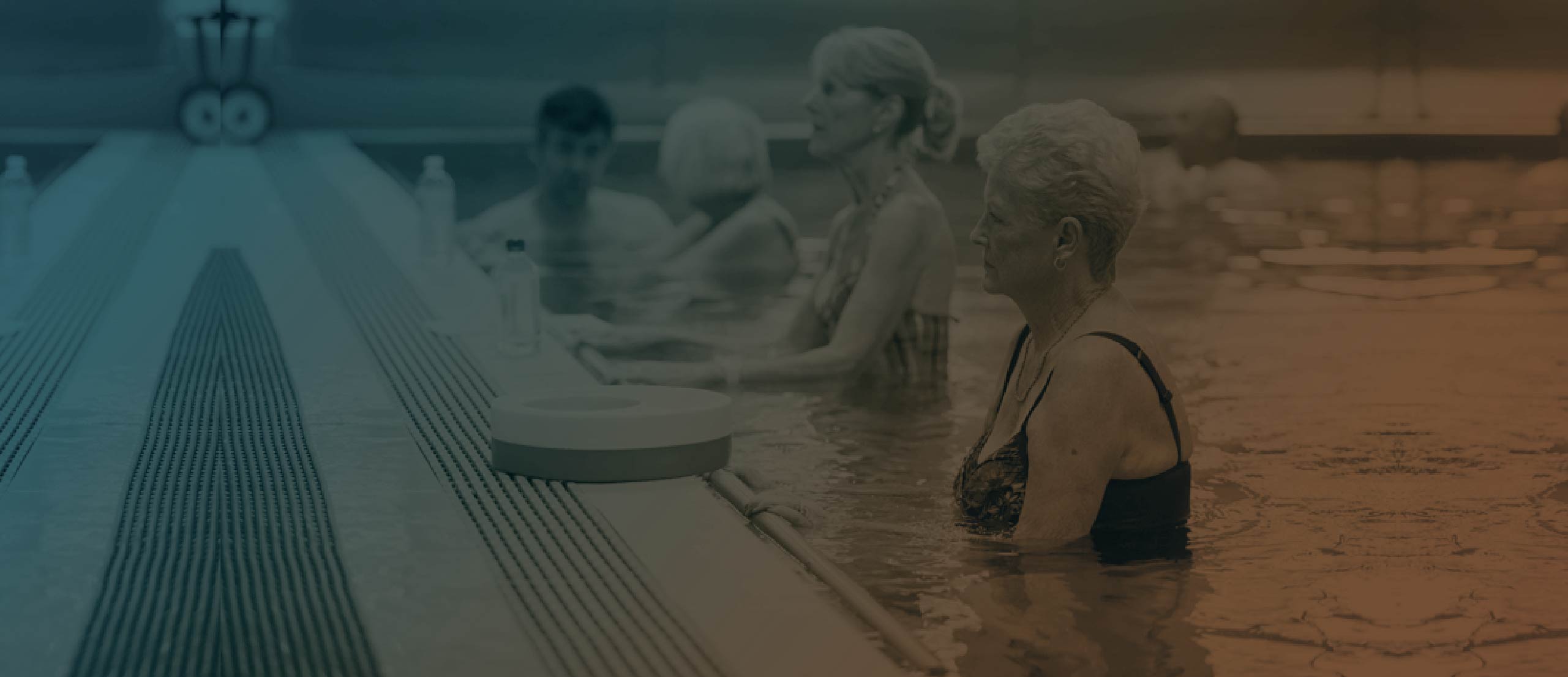
What does an Exercise Physiologist specialise in?
At Lane Cove Physio we understand the benefits an Accredited Exercise Physiologist can have in a variety of ways for our clients. That’s why we are part of a growing number of Physiotherapy specialists that have integrated an Exercise Physiologist into our practice professionals. One thing we get asked is what does an accredited physiologist do? Because Physiotherapists and Exercise Physiologists share broad scopes of practice it can cause some confusion when trying to distinguish between the two roles.
Put simply, in the same way a doctor prescribes medicine to treat disease and sickness, Exercise Physiologists prescribe their clients exercise programs to combat and prevent a number of chronic health conditions and injuries.
What is an Accredited Exercise Physiologist’s scope of practice?
Accredited Exercise Physiologists (AEPs) are university qualified and educated allied health professionals. They have spent at least 4 year at university in order to gain the expertise and knowledge to design, deliver and assess a safe and effective exercise intervention for a wide variety of the population. Because Exercise Physiologists are experts at treating chronic health conditions they receive training in a number of cognitive behavioural approaches to exercise and health that can help clients feel comfortable and confident while exercising in the gym. AEPs tend to have a strong focus on changing patients’ lifestyles and behavioural habits for optimal health and wellbeing and are experts in assessing and treating:
- General Health and Fitness / weight loss / muscle building
- Cardiovascular Disease
- Metabolic Disease
- Neurological conditions
- Musculoskeletal injuries
- Bone and Joint health
- Cancers
- Kidney Disease
- Respiratory / pulmonary diseases
- Mental health
- Any other conditions for which there is evidence that exercise can improve the client’s clinical status.
What are the similarities and differences between a physio and an Exercise Physiologist?
Physiotherapists and Exercise Physiologists have a number of overlapping areas of expertise and treatment to go with a number of differences in their methods and scope. Both professions will have completed a 4 year degree, having studied subjects such as anatomy, physiology, cardiopulmonary function, nervous system function, and biomechanics. At a number of universities it is not uncommon for students of both degrees to attend the same classes.
As a general rule, Physiotherapists specialise in treating acute musculoskeletal disorders while Exercise Physiologists are more likely to see clients suffering from chronic conditions. Physiotherapists are experts in utilising a variety of interconnected and complementary methods such as acupuncture, massage, joint mobilisation, manipulation and rehab exercises. Physiotherapists are experts in the diagnosis of joint and muscular injuries and are able to refer clients to medical imaging, while exercise physiologists cannot.
If a client presents to a physio with hamstring pain after a soccer match, a physio is able to diagnose if they have a hamstring strain and what grade the hamstring strain is. By contrast, Exercise Physiologists are not able to give a client a diagnosis in that fashion. This is due to Exercise Physiologists specialising more on chronic health conditions rather than acute injuries.
Both should play a role in helping you maintain your health, wellness and quality of life.
What does a typical session with an Exercise Physiologist include?
At Lane Cove Physio, our Exercise Physiologist, Emma is experienced in creating exercise programs for the gym, fitness facilities, home based, and/or swimming pools. All will aim to improving functional capacity and quality of life. At your first visit, a thorough initial assessment to consider your health and exercise history will be undertaken along with discussing your goals. With our on-site hydrotherapy pool and fully equipped patient gym, Emma is well suited to deliver the best outcomes for patients not only in Lane Cove, but all over the lower north shore including Chatswood, Hunters Hill, Artarmon, Mosman, Cremorne, Wolstonecraft, Neutral bay and Sydney. You can expect your Exercise Physiologist to:
- Undertake an in depth physical assessment to determine your current abilities – helping your AEP to design the most effective program for you
- Explain how exercise therapy can help you specifically – for example, how undertaking specific exercise and making changes to your diet will treat your condition and improve your quality of life
- Give you strategies designed to help you carry out your exercise and health goals independently – an at home exercise program, for example
- Give you reports about your exercise program if needed which you can give to your doctor, nurse or specialist
When Exercise Physiologists and Physiotherapists combine they create a powerful set of tools designed to treat a broad range of acute and chronic issues related to the body and nutrition. Even though there are a number of differences, at the end of the day the goals of AEPs and Physiotherapists is the same – treatment of any pain, identification and treatment of chronic health issues and the ongoing education to help you take charge of your musculoskeletal and every day health.



